BMW has revealed pricing and specification details for the new, long anticipated BMW i5, which arrives in the UK with 593bhp and up to 321 miles of range to take on the Mercedes-Benz EQE, Tesla Model S and upcoming Audi A6 E-tron saloon.
Joining the BMW iX1, BMW i4 and BMW i7 in the Munich firm’s swiftly expanding range of EVs, the electric i5 has been priced from £71,105 in the UK.
The BMW i5 range kicks off with the rear-wheel-drive eDrive40, which features a rear-mounted electric motor developing 335bhp and 317lb ft of torque, giving it a claimed 0-62mph time of 6.0sec and a 120mph top speed.
Its range is topped by the four-wheel-drive BMW i5 M60 xDrive, which is priced from £97,745. It uses the same rear-mounted electric motor in combination with a smaller front-mounted motor that delivers an added 256bhp and 269lb ft.
All up, it develops a combined system output of 593bhp and 605lb ft for a claimed 0-62mph time of 3.8sec and an electronically limited top speed of 143mph.
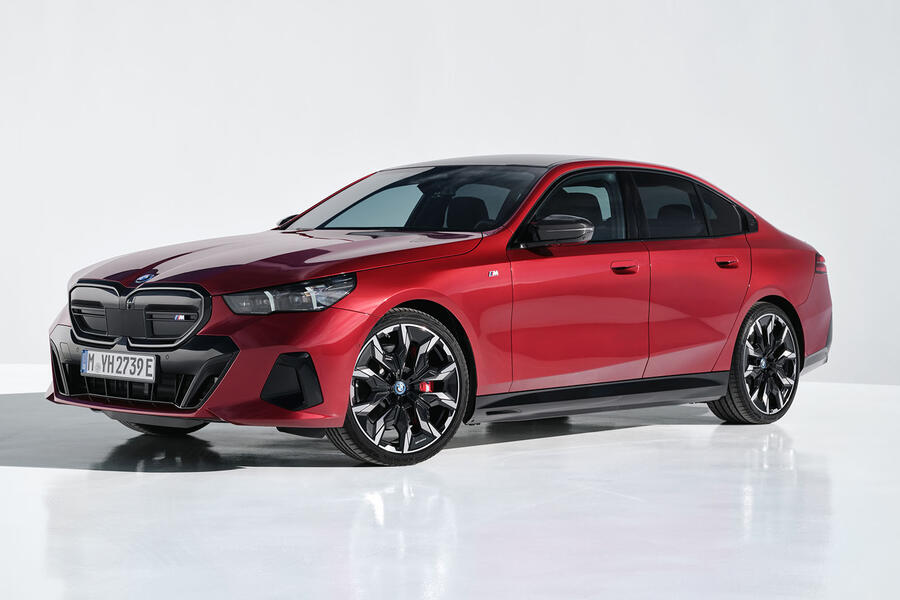
Meanwhile, the regular BMW 5 Series has been priced from £51,000 and will be sold with a choice of hybrid and plug-in hybrid powertrains.
The model is also set to also spawn the highly anticipated BMW i5 Touring – one of the first executive all-electric estates on the market. BMW will hope the electric powertrain, arriving in two power levels, will bring new customers to the brand, as well as bolster the sales of its best-selling model.
Both i5 models feature an 81.2kWh lithium ion battery as standard. The eDrive40 offers a claimed range of between 296 and 362 miles, while the more powerful M60 xDrive delivers a claimed 283 to 321 miles of range.
Each i5 has 11kW AC charging functionality as standard, although this can be increased to 22kW with an optional on-board charger. The maximum DC charging capability is put at 205kW, with BMW claiming a 10-80% charge within 30 minutes.
Together with the eDrive40 and M60 xDrive, BMW has confirmed that a third i5 model is scheduled to arrive in 2024.
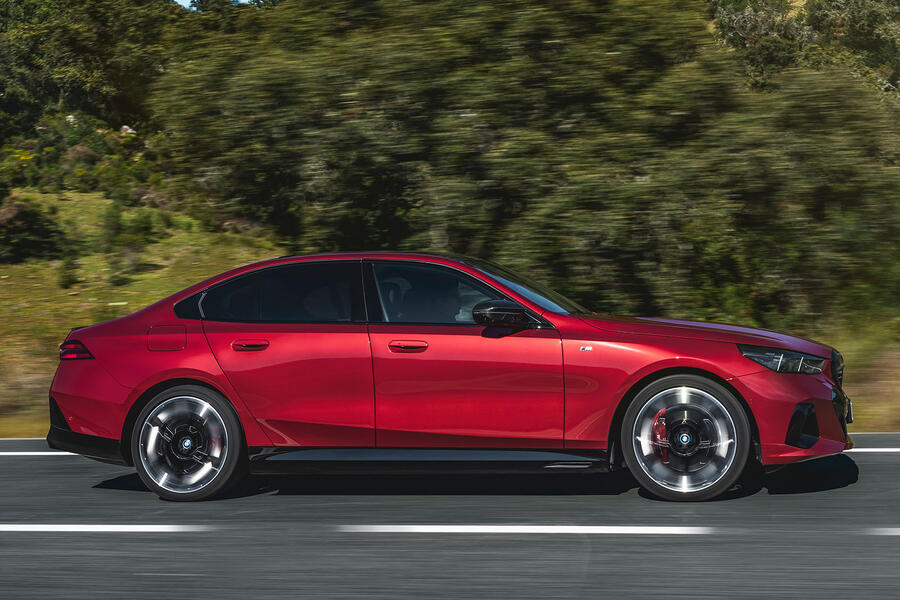

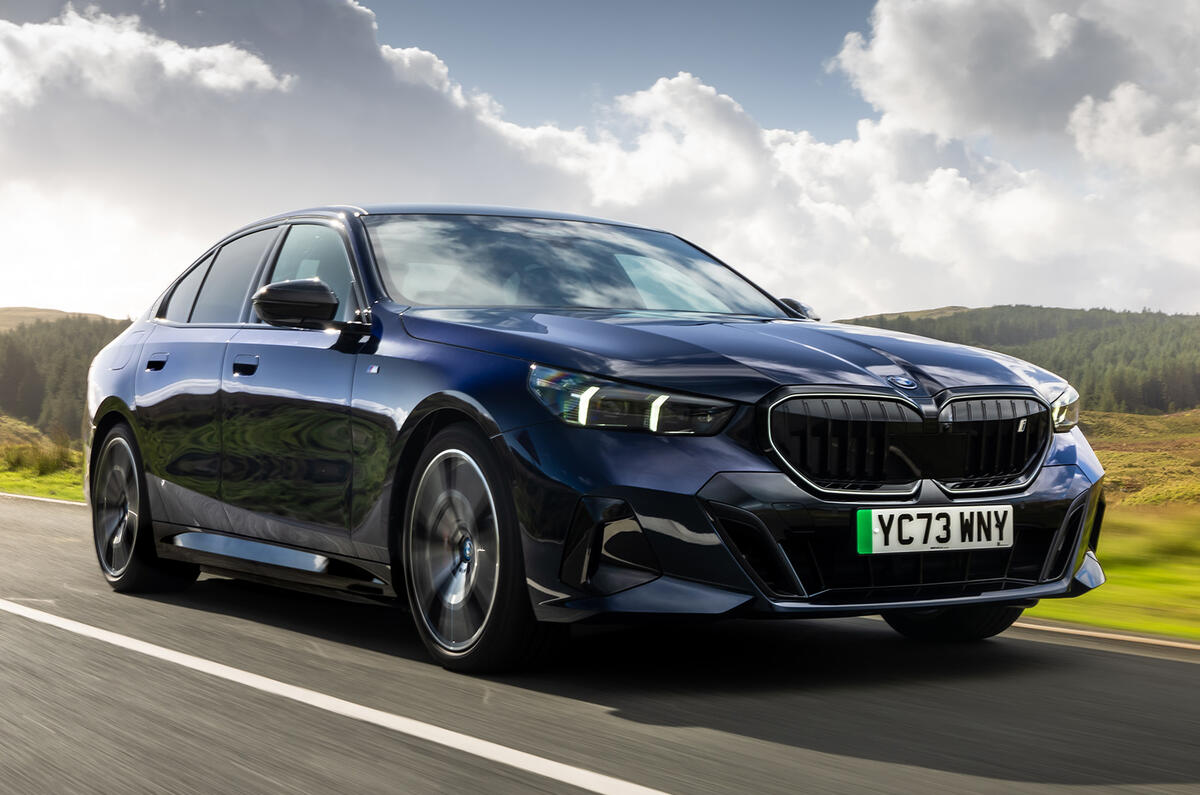
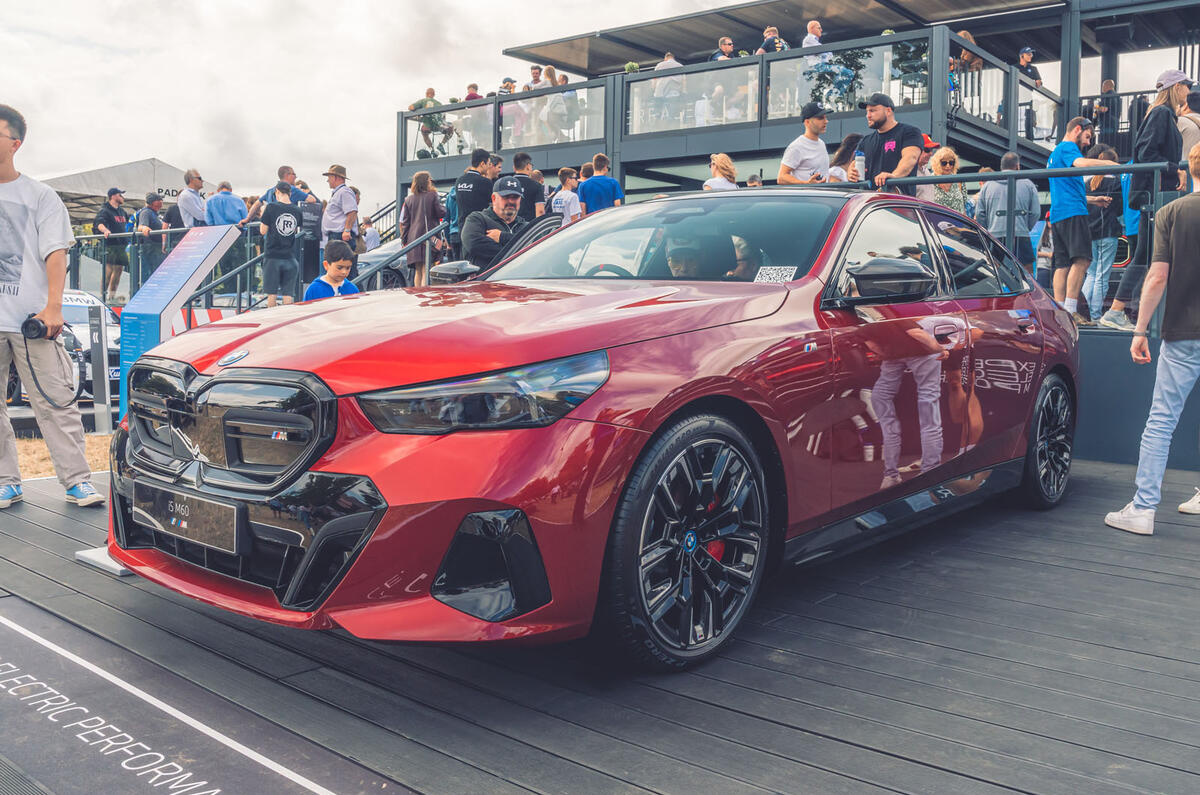
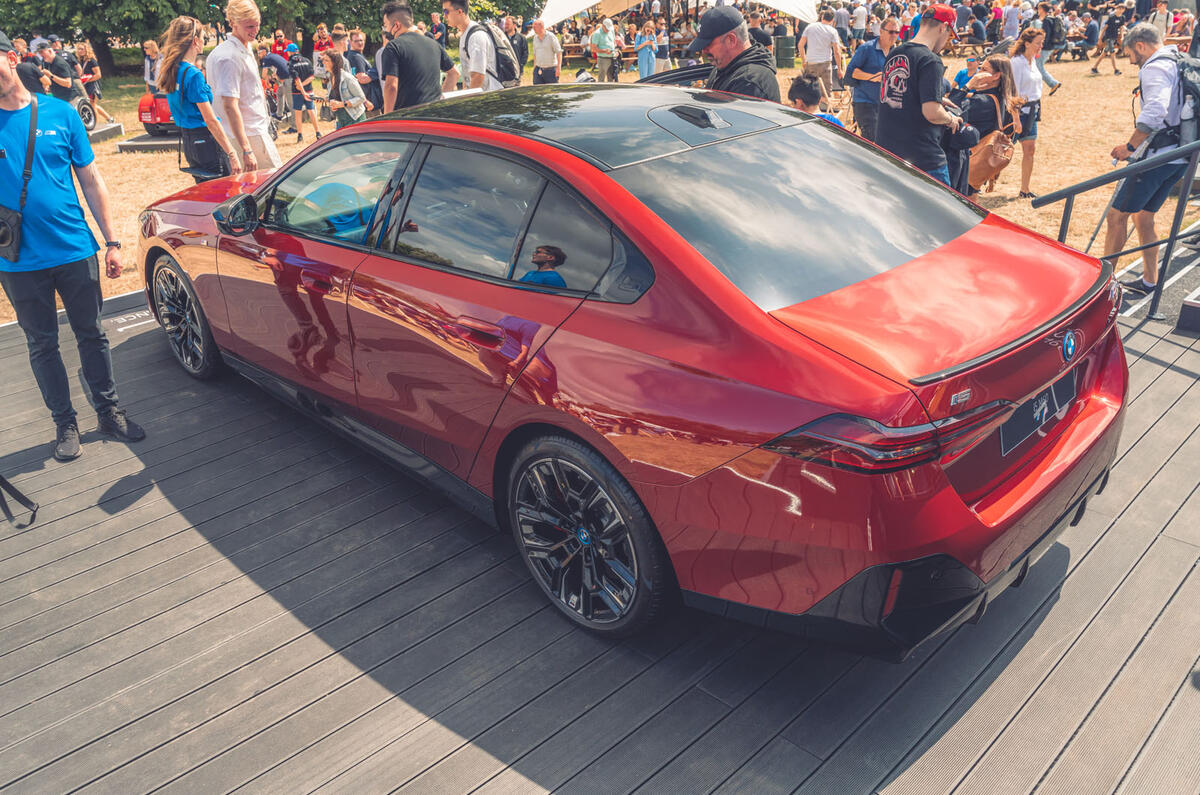
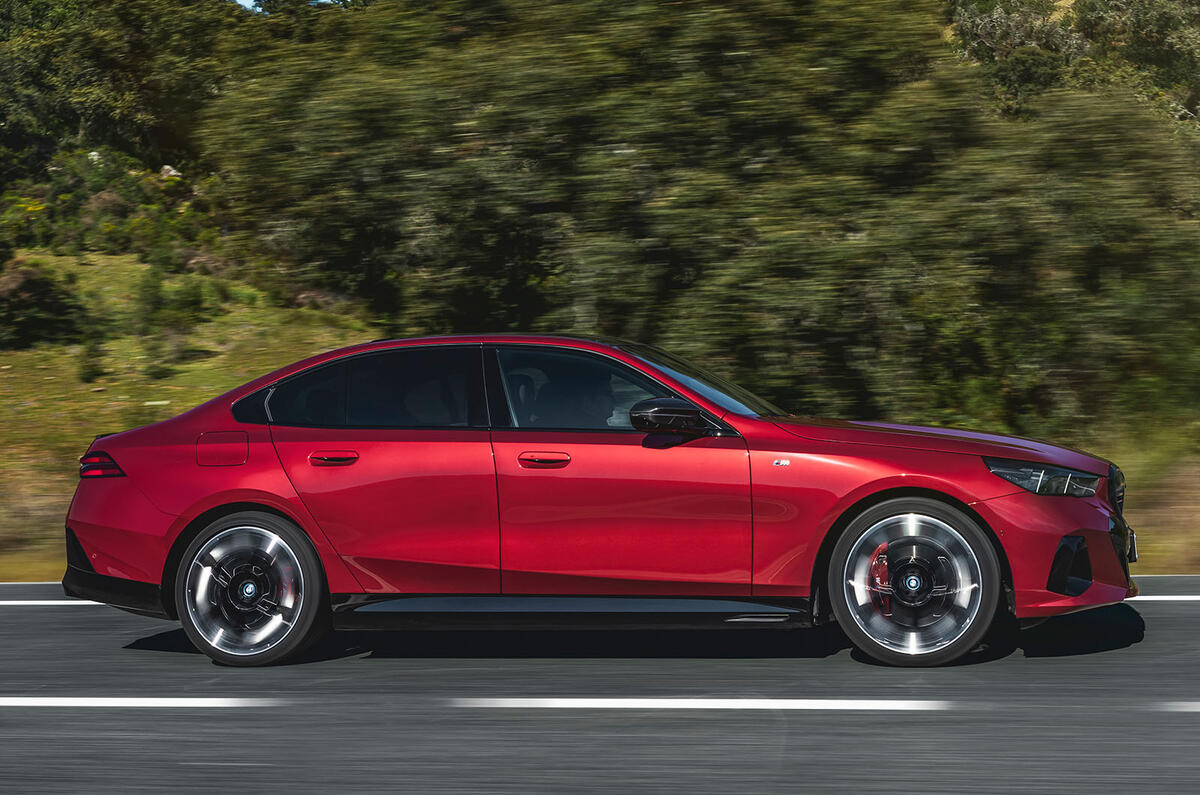
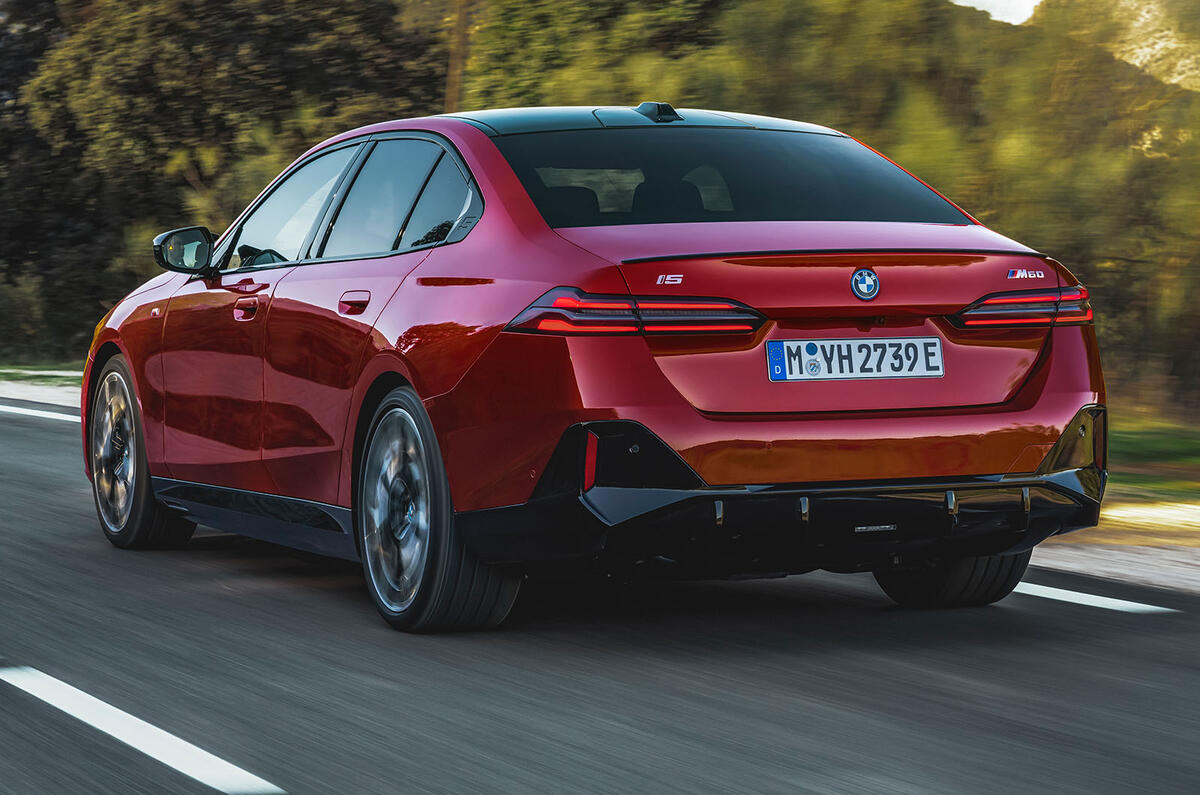
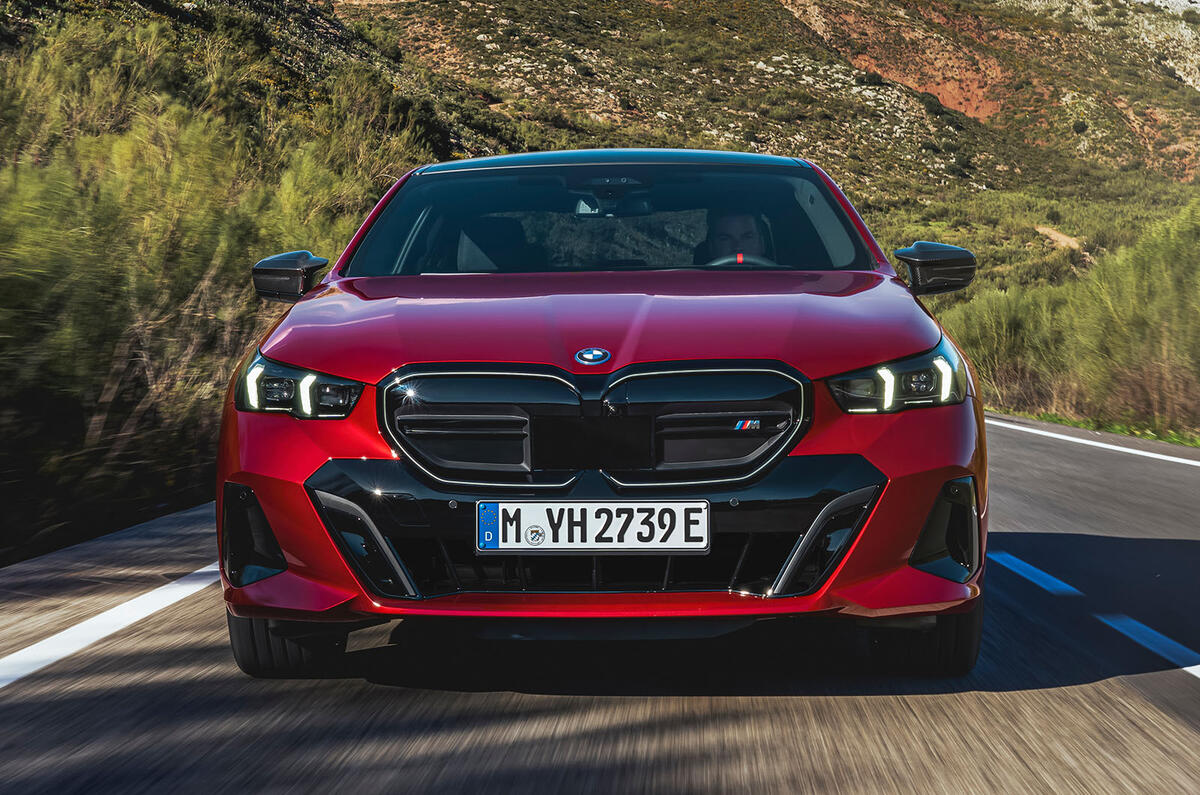
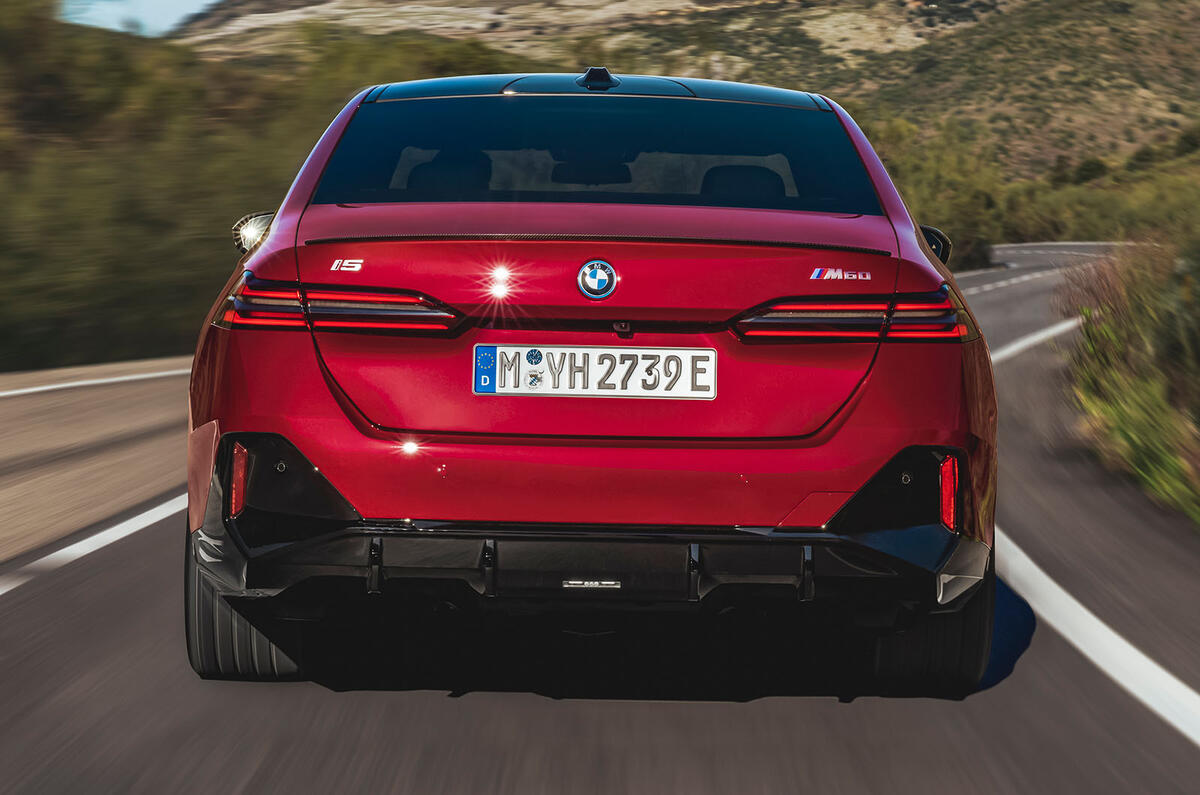
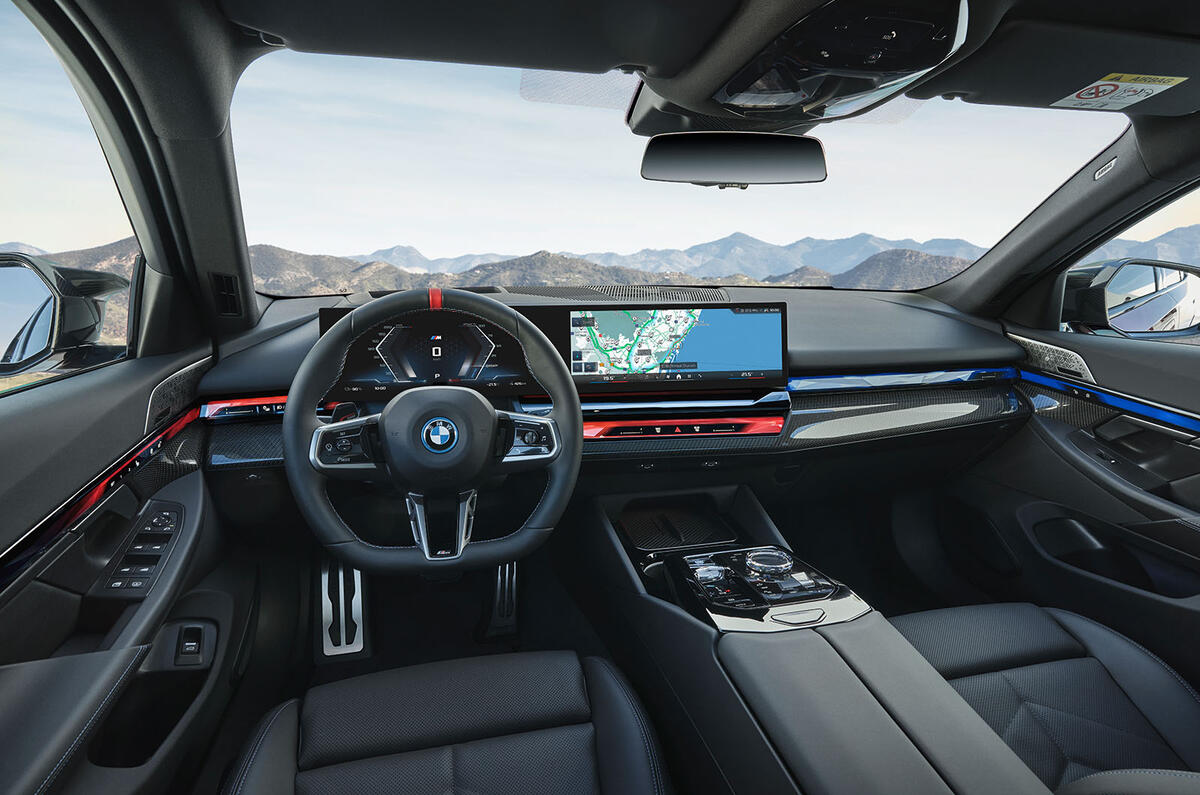
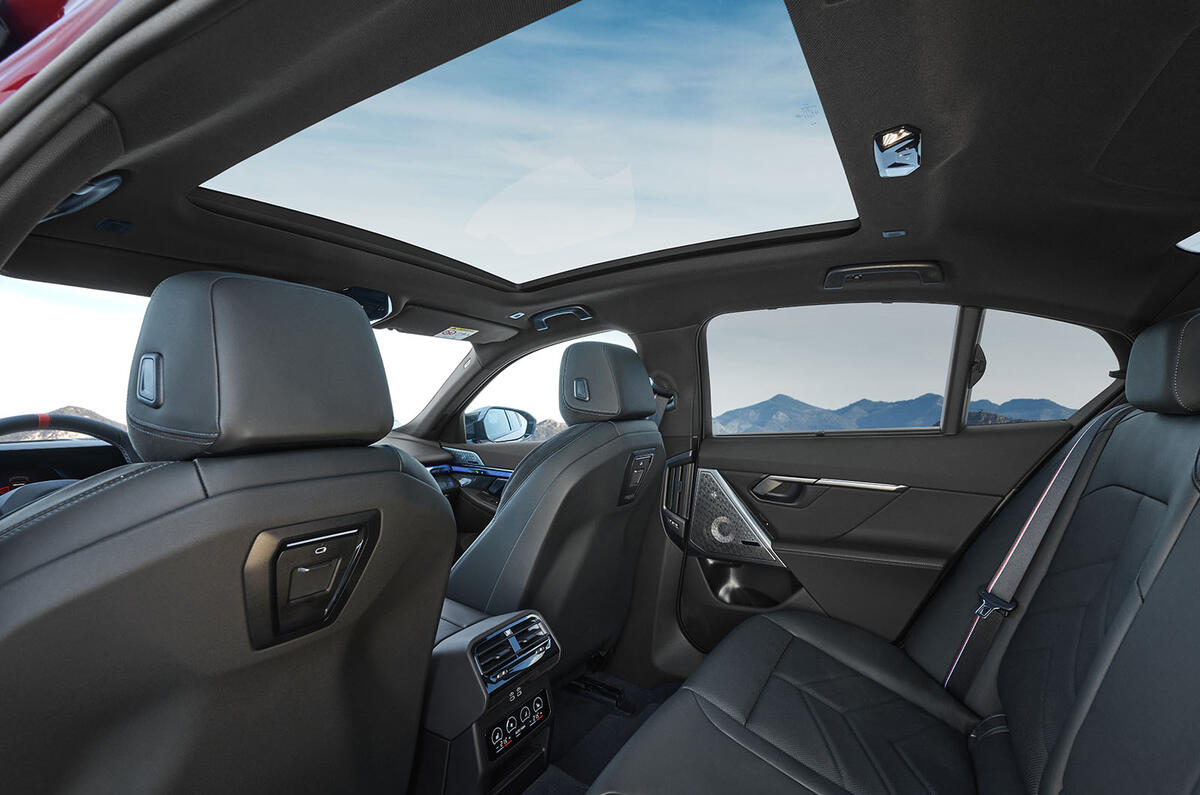
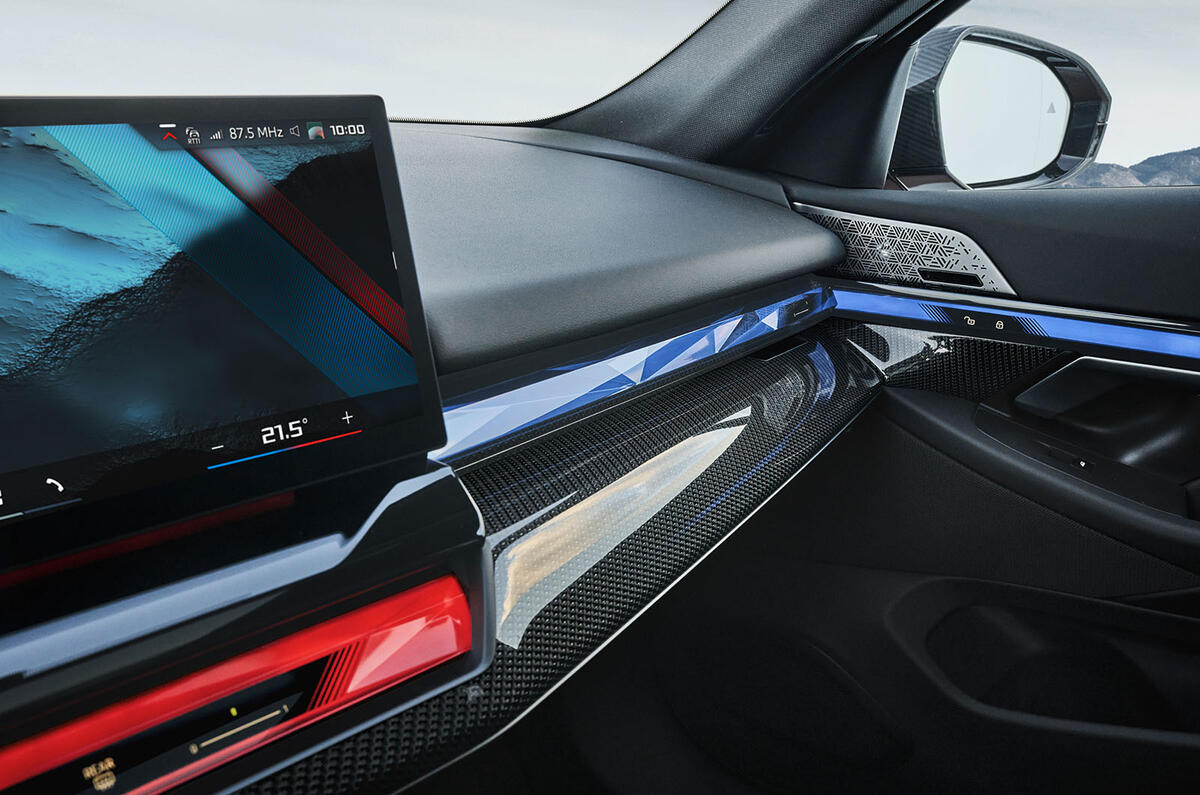
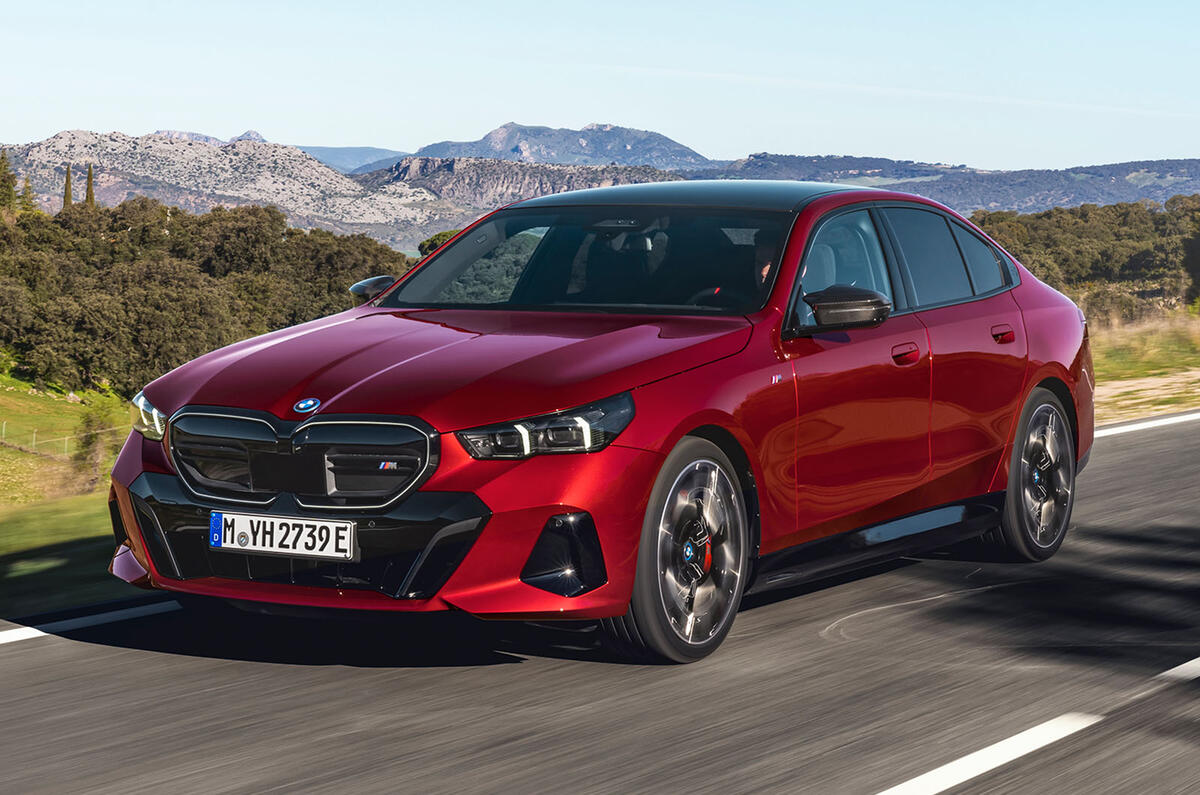
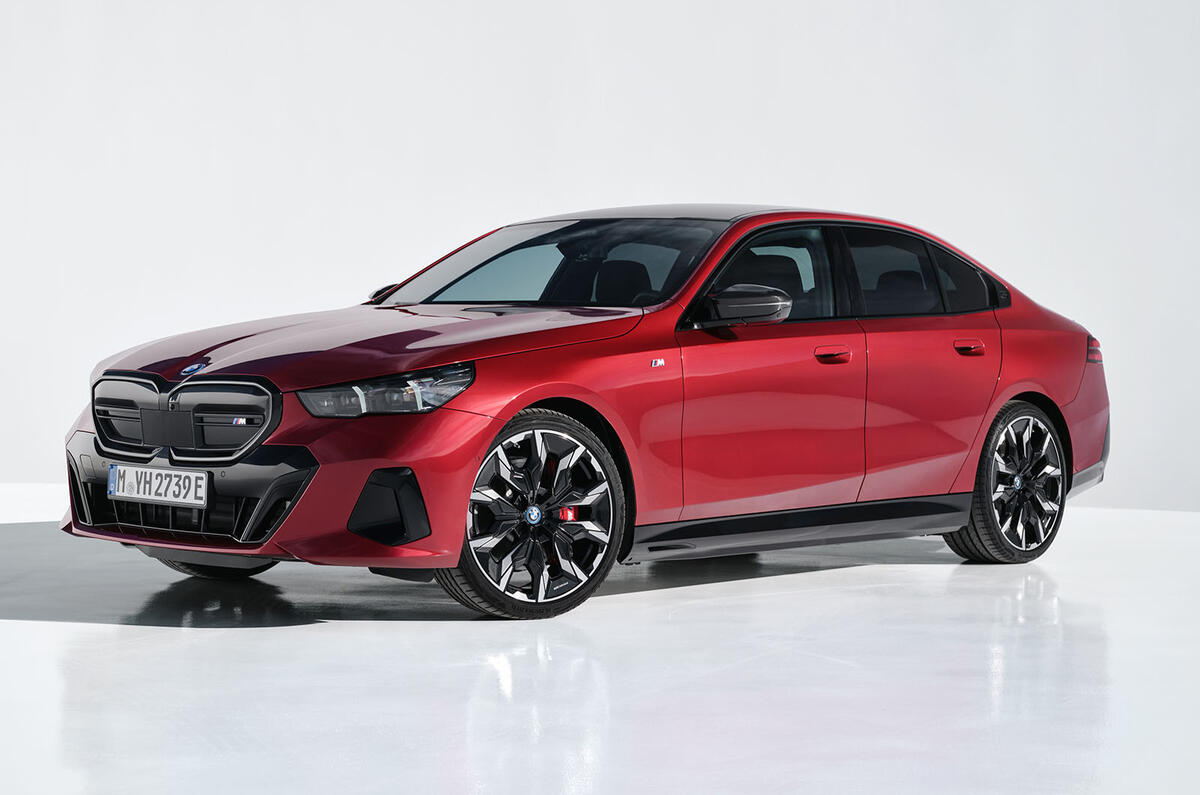
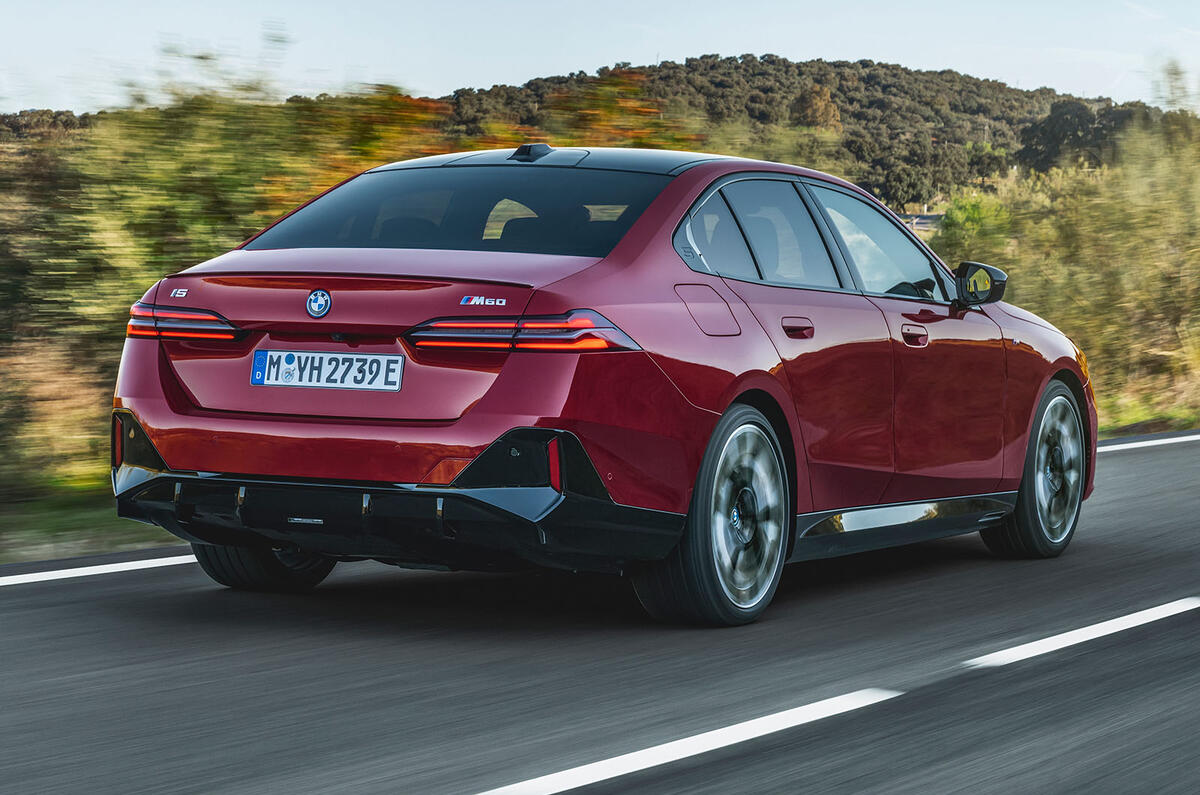
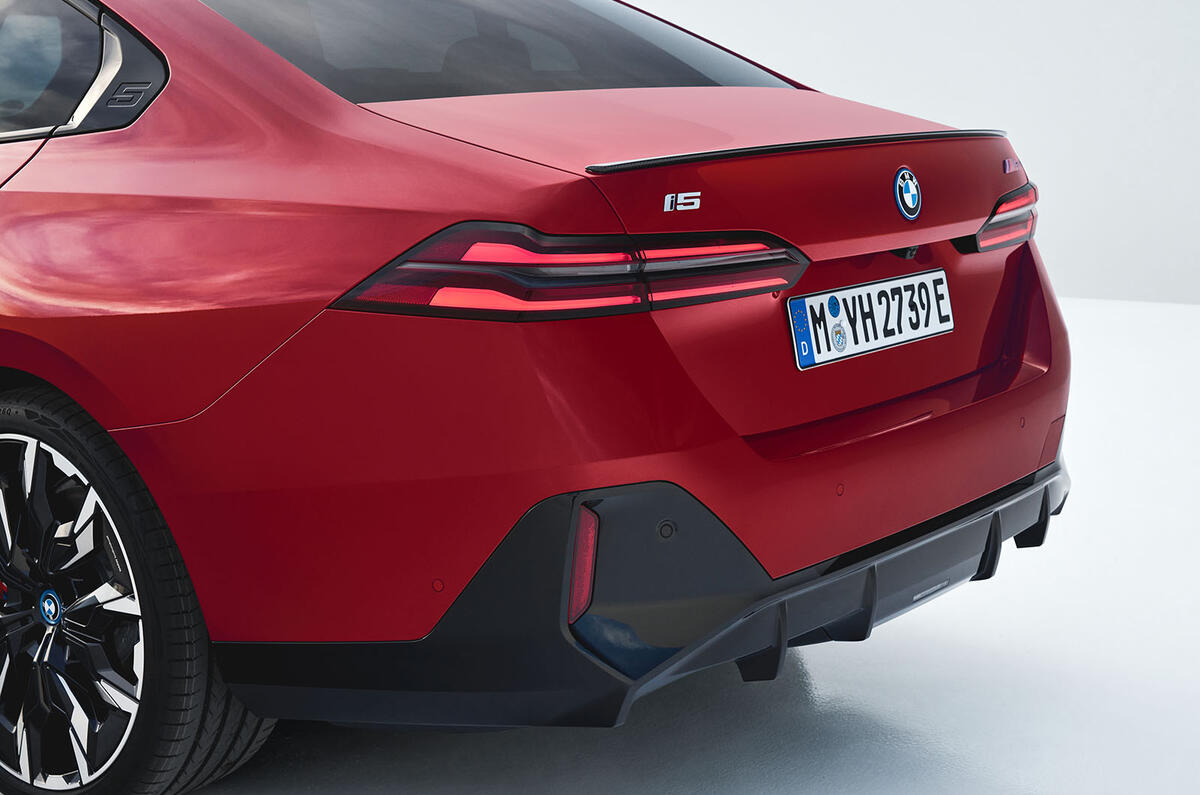
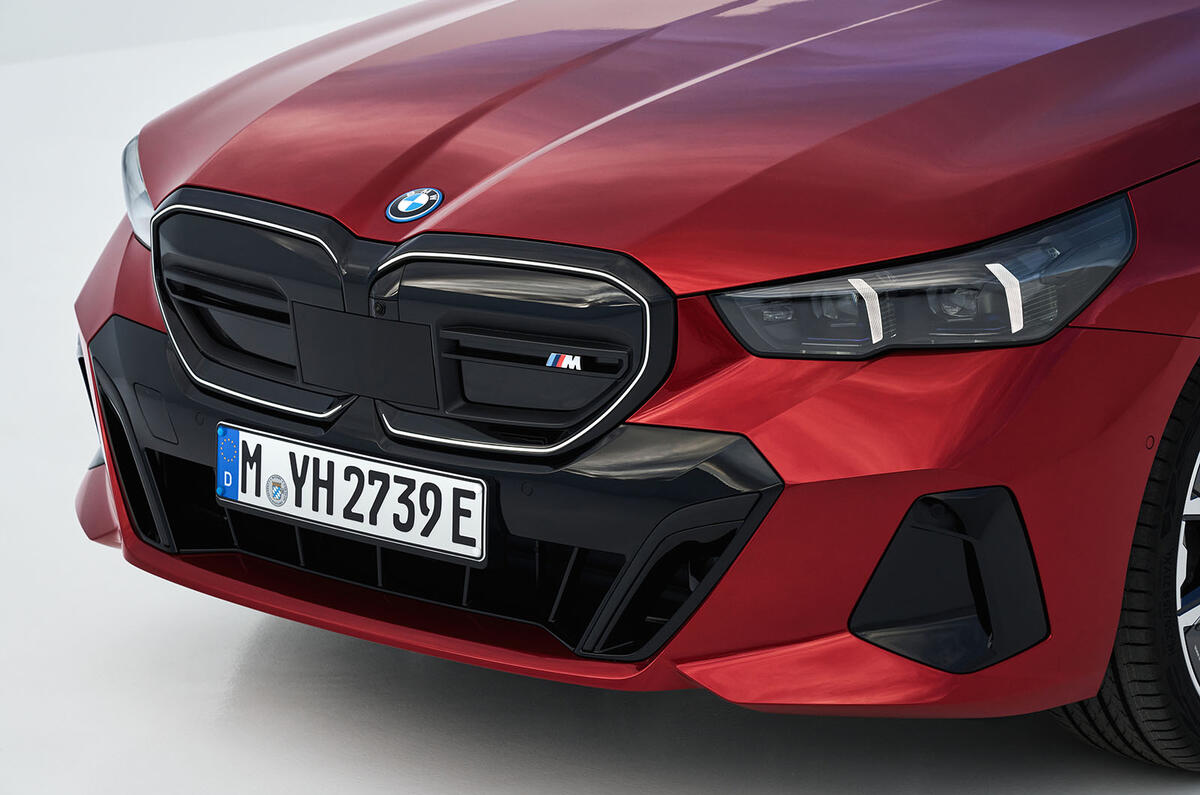
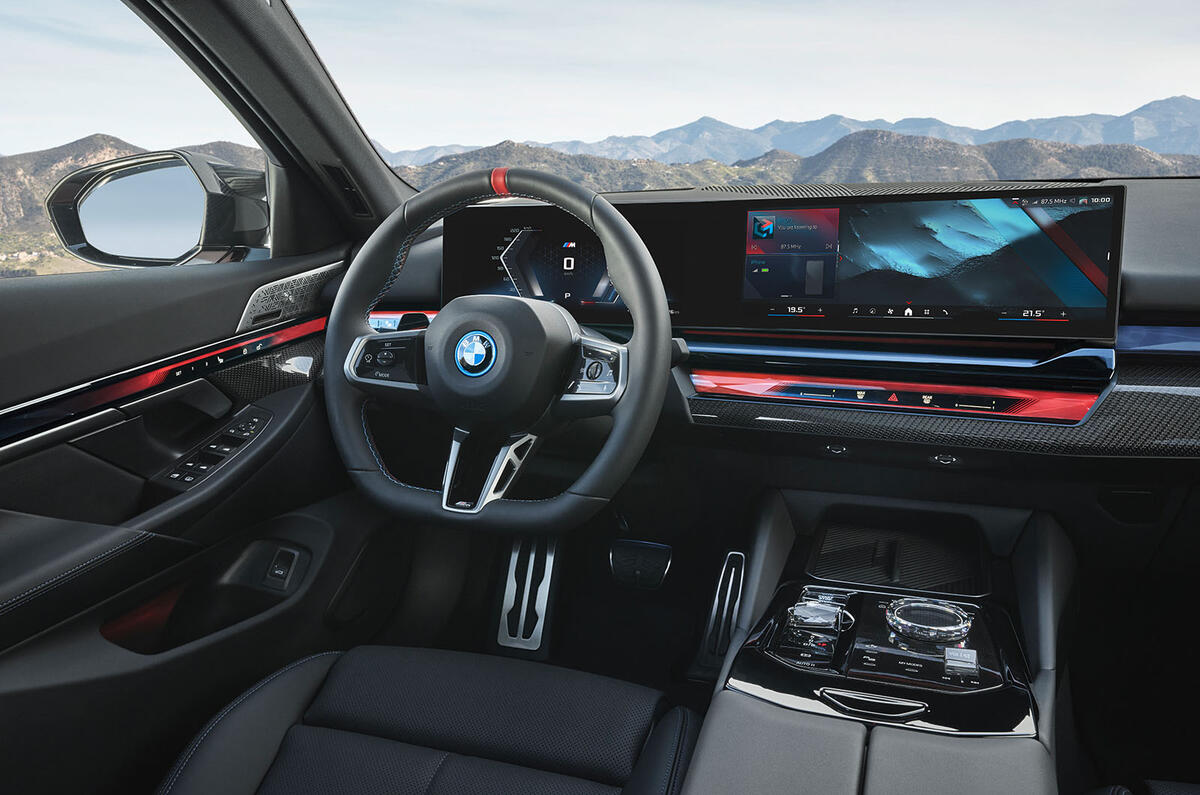
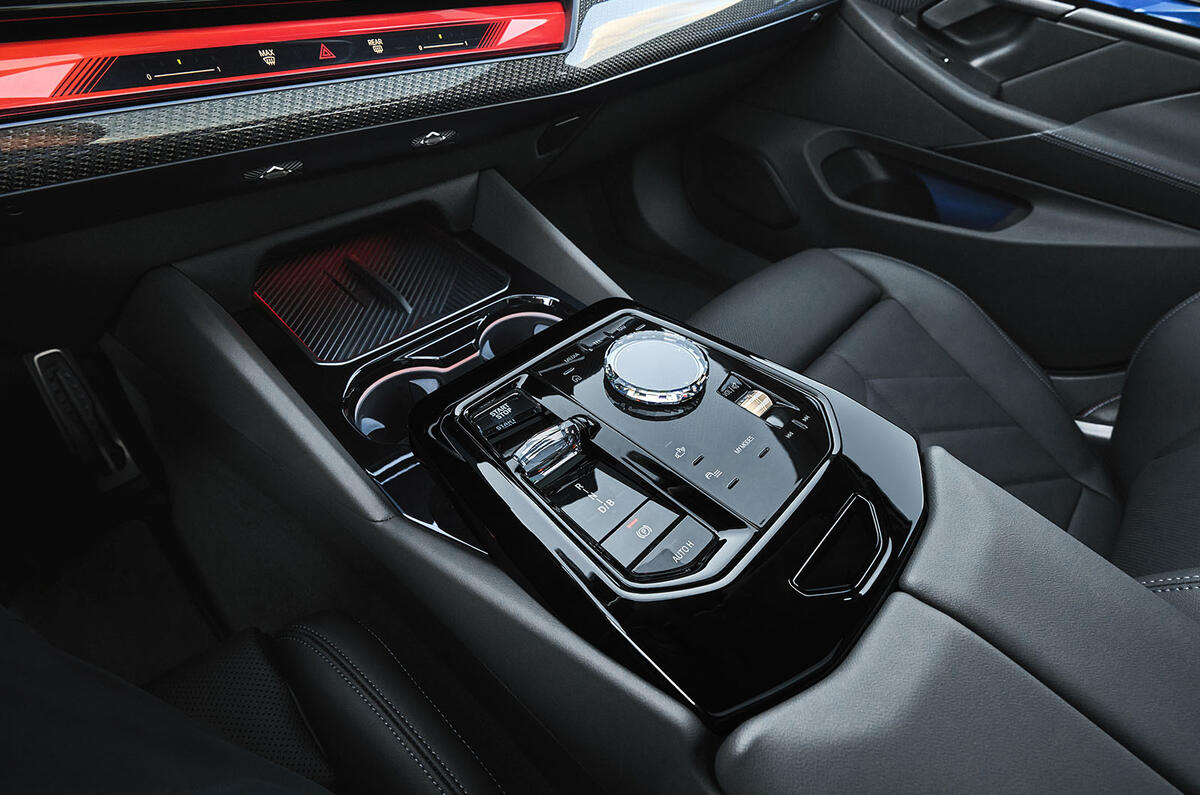
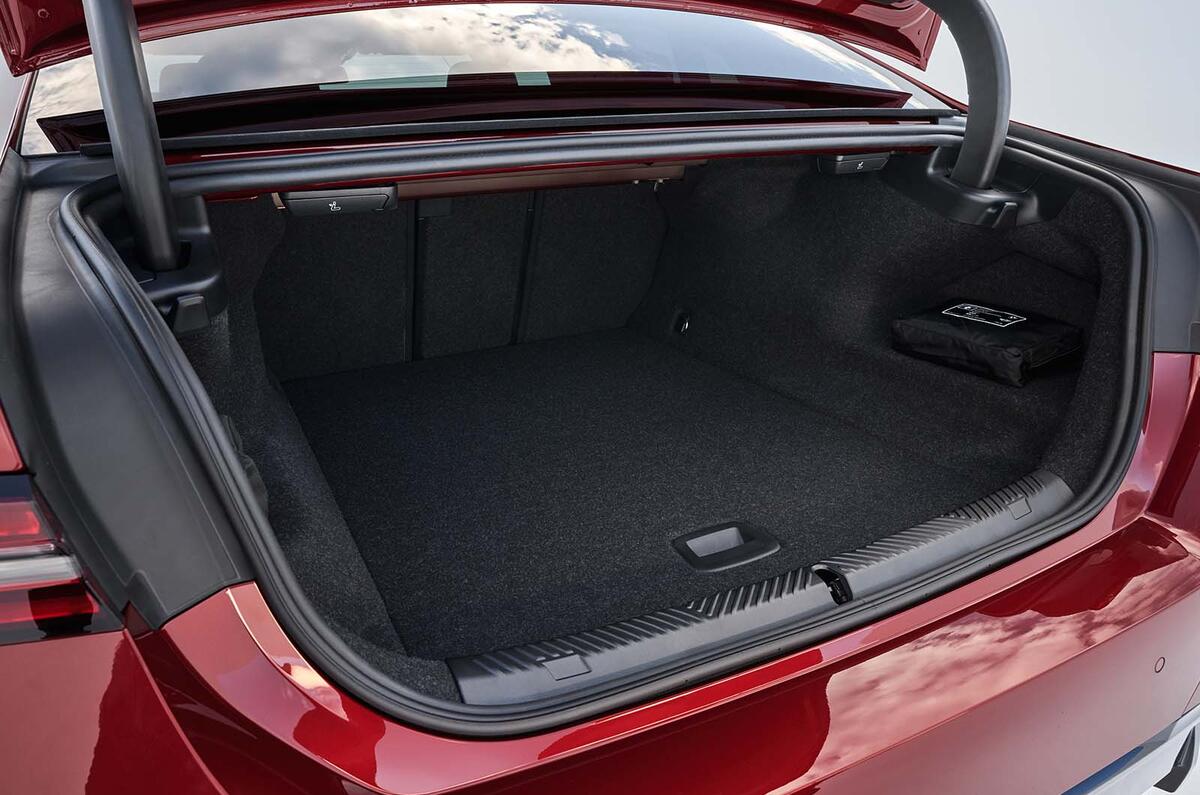
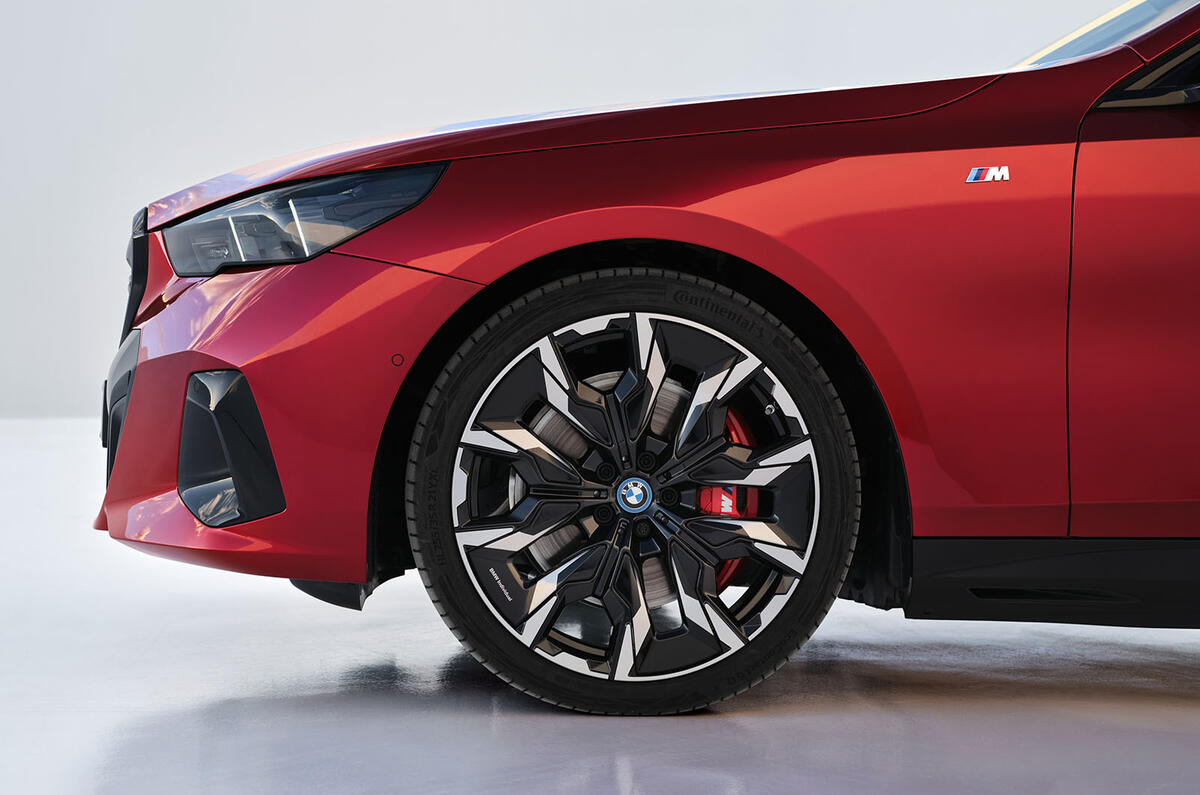
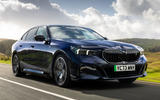

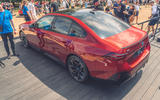
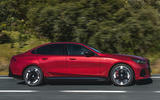
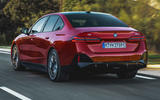
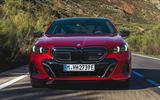
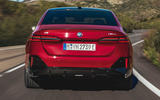
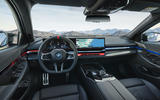

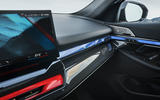
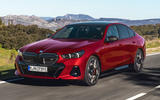
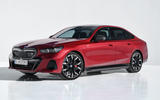
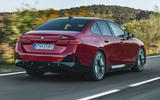
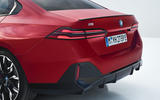
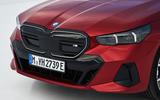
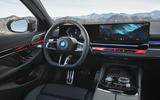
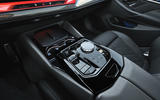
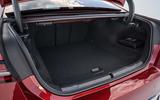
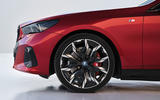


Join the debate
Add your comment
As I understand it, the base model UK car is over 40% more expensive than the same US version!!!?
Is this correct. If so, why are no UK Journalists seeking an explanation?
Fully loaded, it's more expensive then the Model S, slower, slower charge speeds, smaller inside, smaller boot, no frunk,...
No doubt the BMW will be better finished, and probably less rattles and small issues.
But still, that Model S has been around for nearly 15years and they still can't beat it a lot of areas that are very important in these cars...
£98,000 for a car that looks like that? Makes a one year old M5 for £72,000 look very appealing.